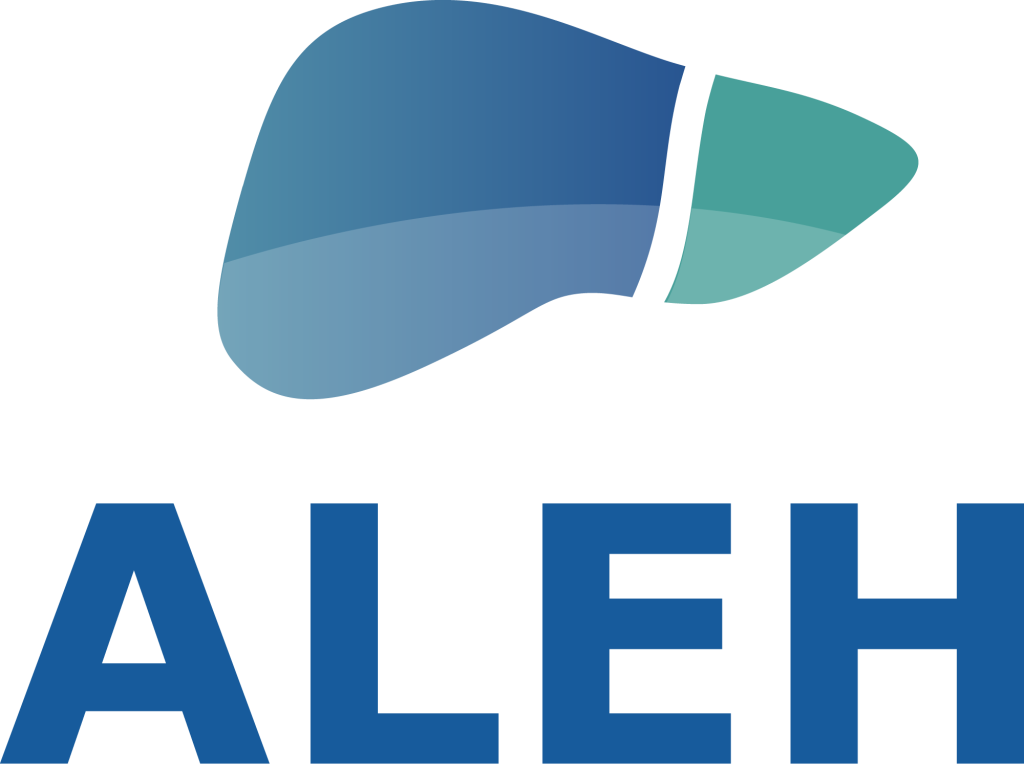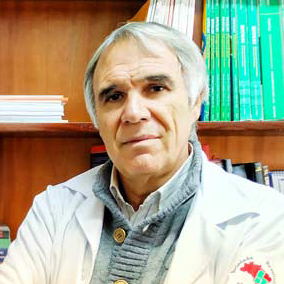A little bit of history
The project to generate a Hepatotoxicity Registry in our continent was born as an initiative of the Spanish hepatotoxicity group, the Spanish DILI Registry, led by Maribel Lucena and Raúl J Andrade, in the framework of the international DRUG-Induced Liver Injury Consortium (IDILIC), an international non-profit consortium composed of academic institutions, regulatory agencies and the pharmaceutical industry.
Latin America was not represented and at the of 2011, the Spanish DILI Registry offered us to join and share its experience to achieve a methodological training and guide us in the creation of national networks by identifying a coordinator in each country to centralize the identification and characterization of cases of hepatotoxicity in its area of influence. Dr. Fernando Bessone was chosen as coordinator of the Latin American group because of his recognised professional and scientific career in this field of hepatology. We have started to consolidate and gradually generate the database of the Latin American DILI Registry (LATINDILI Registry).
Who we are
We are a registry that includes several countries. Argentina, Brazil, Chile, Ecuador, Mexico, Paraguay, Peru, Venezuela and Uruguay are the countries that have joined and submitted cases. We have come together regardless of the many differences that characterize us in terms of geographical area, population size, local epidemiology of the different liver diseases to be excluded, drug prescription policies, culture in the use of herbs, etc.. We have come together with a common goal, sharing information generously, learning from those who have traveled this road before, and making these differences our virtue. www.slatindili.uma.es and we invite you to visit it. There you will be able to access all the information about the group, such as the meetings we have held (in person and online), photos of the team, and the publications we have made during these 10 years of work.
How do we work?
Based on standardized criteria to diagnose and classify liver toxicity in the context of the Registry. Once it is suspected that the liver disease in study could be a consequence of a toxicity, standardized protocol is completed and reviewed by the coordinator of each country, or the coordinator of the registry or the coordinators of the Spanish registry in the event that there is not yet a physician acting as a centralizer in that country. The main task of the reviewer is to verify that the case meets the requirements to be considered as probable hepatotoxicity and that the information uploaded is as complete as possible. Once the coordinator reviews it, it is then sent to the coordinating center in Spain where it goes through a second review and expert opinion to define it and be uploaded to the database.
ALEH and the registry
The Latin American Association for the study of the Liver has generated and encouraged the formation of interest groups and among them is the hepatoxicity group..
At the Congress in Santiago (2016), we had the first meeting within the framework of ALEH. Representatives from 7 countries were present and we were able to discuss the experience that each member has had. We also have made special emphasis on those difficulties that we have found in practice according to the local reality and what solutions there are. link you can access the minutes of the meeting and the photos.
Publications
We have included some of the group's publications, which we hope will be an additional incentive for other groups from Latin America to join us.
- Drug-Induced Vanishing Bile Duct Syndrome: From Pathogenesis to Diagnosis and Therapeutics (2021)
- Serious liver injury induced by Nimesulide: an international collaborative study (2021)
- Drug-induced liver injury: A management position paper from the Latin American Association for Study of the liver (2021)
- Herbal and Dietary Supplements-Induced Liver Injury in Latin America: Experience From the Latindili Network (2021)
- Cuando la creación de un consorcio proporciona respuestas útiles: experiencia de la Latin American DILI network (LATINDILIN) (2019)
- Assessment of Serious Acute and Chronic Idiosyncratic Drug-Induced Liver Injury in Clinical Practice (2019)
- Liver injury after methylprednisolone pulses: A disputable cause of hepatotoxicity. A case series and literature review (2019)
- A Missense Variant in PTPN22 is a Risk Factor for Drug-induced Liver Injury (2019)
- The influence of drug properties and host factors on delayed onset of symptoms in drug-induced liver injury (2019)
- High Prevalence of Ibuprofen Drug-Induced Liver Injury in Spanish and Latin-American Registries (2018)
- Association of Liver Injury From Specific Drugs, or Groups of Drugs, With Polymorphisms in HLA and Other Genes in a Genome-Wide Association Study (2017)
- Hepatotoxicity induced by coxibs: how concerned should we be? (2016)
- HLA-DRB1*16: 01-DQB1*05: 02 is a novel genetic risk factor for flupirtine-induced liver injury (2016)
- The Latin American DILI Registry Experience: A Successful Ongoing Collaborative Strategic Initiative (2016)
- Cyproterone acetate induces a wide spectrum of acute liver damage including corticosteroid-responsive hepatitis: report of 22 cases (2016)
- Case reports of drug-induced liver injury in a reference hospital of Zulia state, Venezuela (2015)
- Use of Hy’s law and a new composite algorithm to predict acute liver failure in patients with drug-induced liver injury (2014)
- Profile of idiosyncratic drug induced liver injury in Latin America: an analysis of published reports (2014)
- Building a Spanish-Latin American network on drug induced liver injury: much to get from a joint collaborative initiative (2012)
- Hepatotoxicity, a global problem with local features: toward the creation of a Pan-American Hepatotoxicity Network (2011)
Perspective
We still have to grow, there are still countries to integrate and in each country there is a lot of work to be done. Once we start working, it becomes clear that there is no limit, that the more we are, the more information we can receive, and the more ideas and proposals for collaboration we can generate.
To join you just have to be willing to do it and contact one of us:[email protected]), Nelia Hernández ([email protected]), Marco Arrese ([email protected]), Maribel Lucena ([email protected]) so that we can send you the protocol, the work methodology and our enthusiasm.
It does not matter how slowly you go as long as you do not stop.
Confucio, circa 500 a. C
On behalf of the entire team
Coordinators
Members
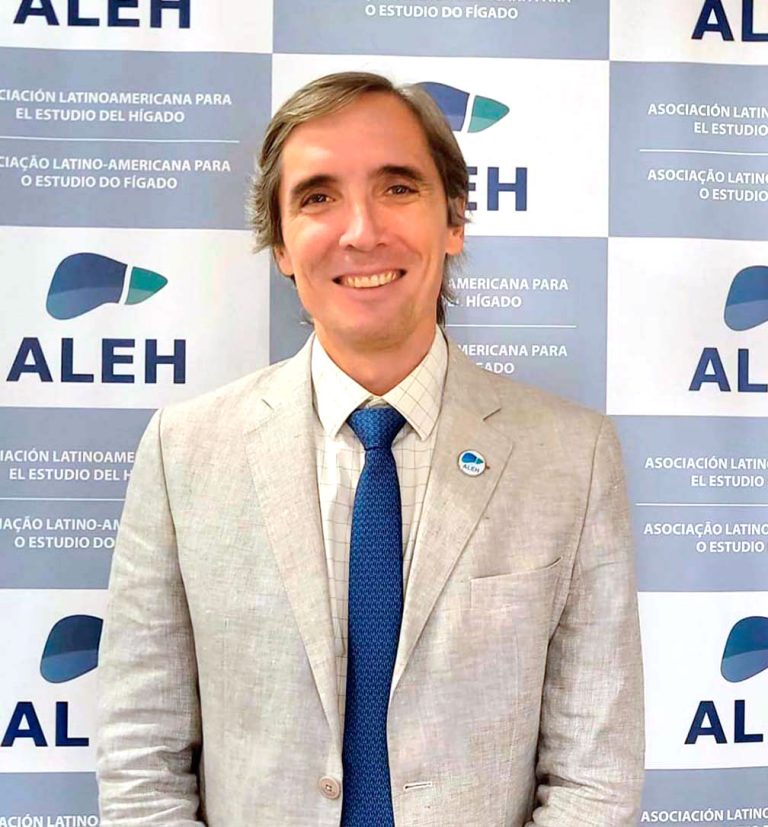
Dr. Manuel Mendizabal
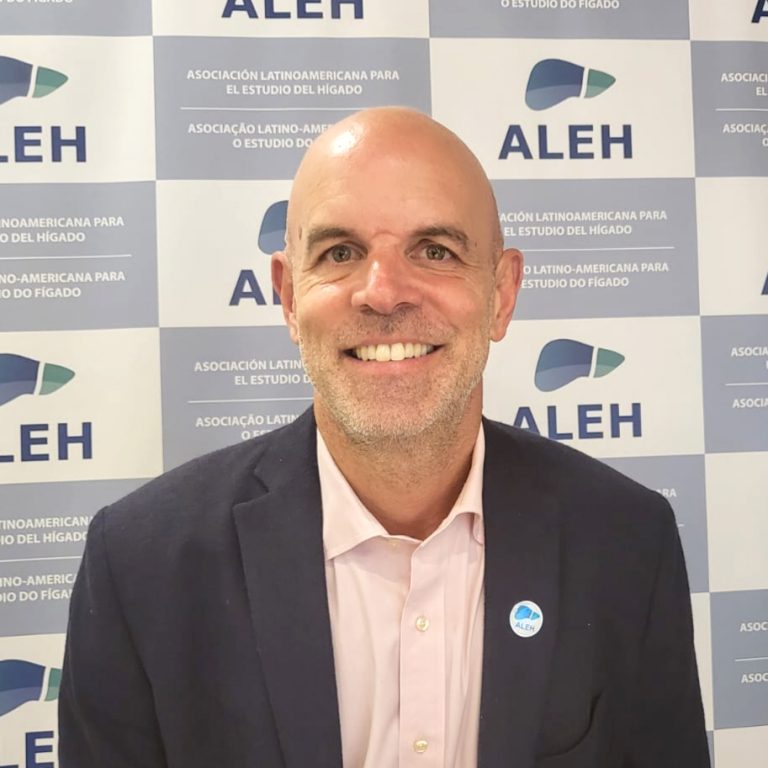
Dr. Ezequiel Ridruejo

Dr. Flair Carrilho
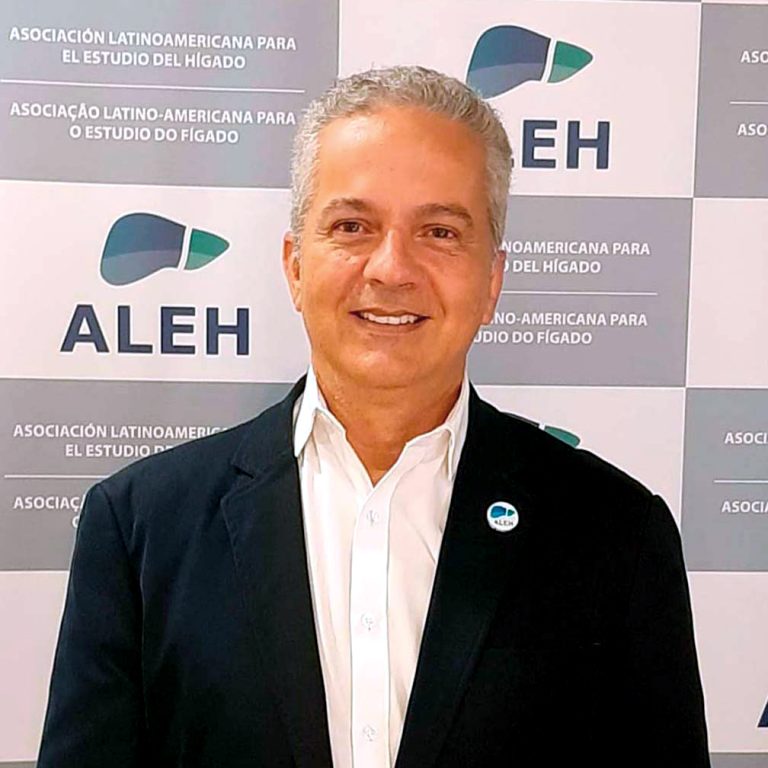
Mario Pessoa, MD

Dr. Raymundo Paraná
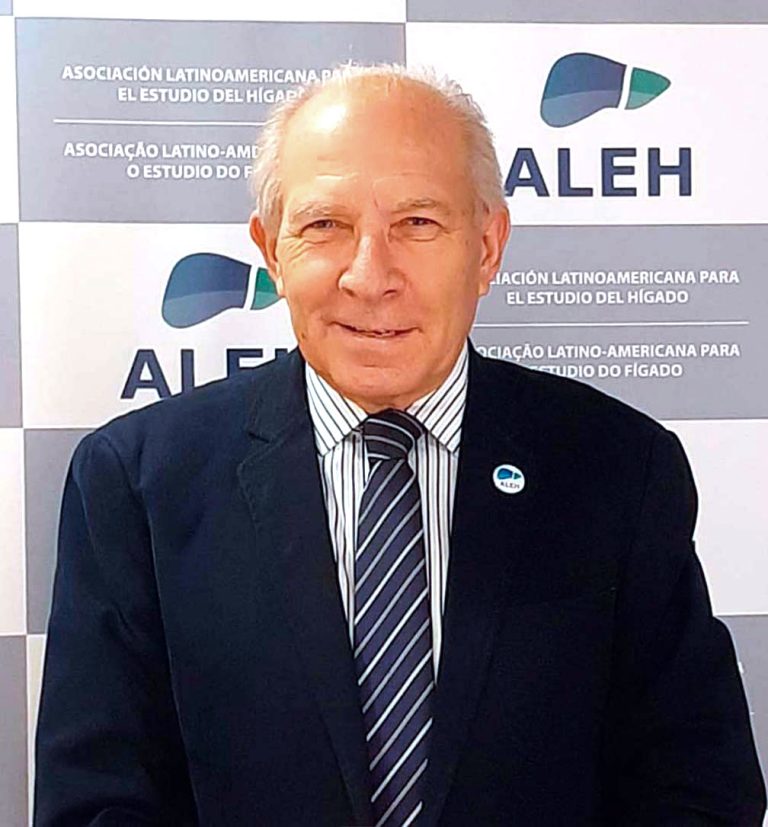
Dr. Javier Brahm

Dr. Pedro Montes
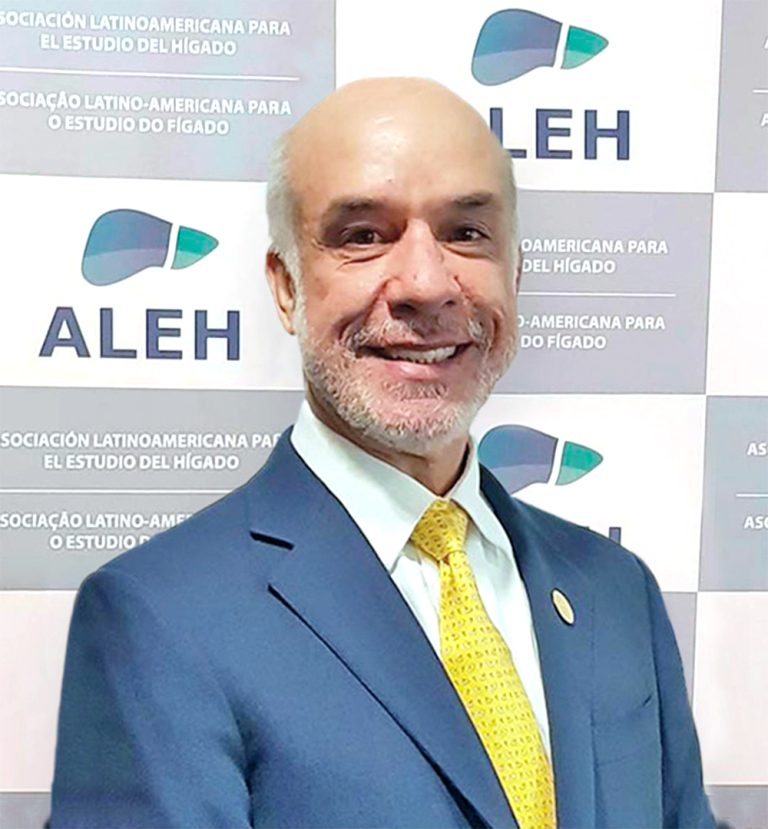
Dr. Fernando Contreras
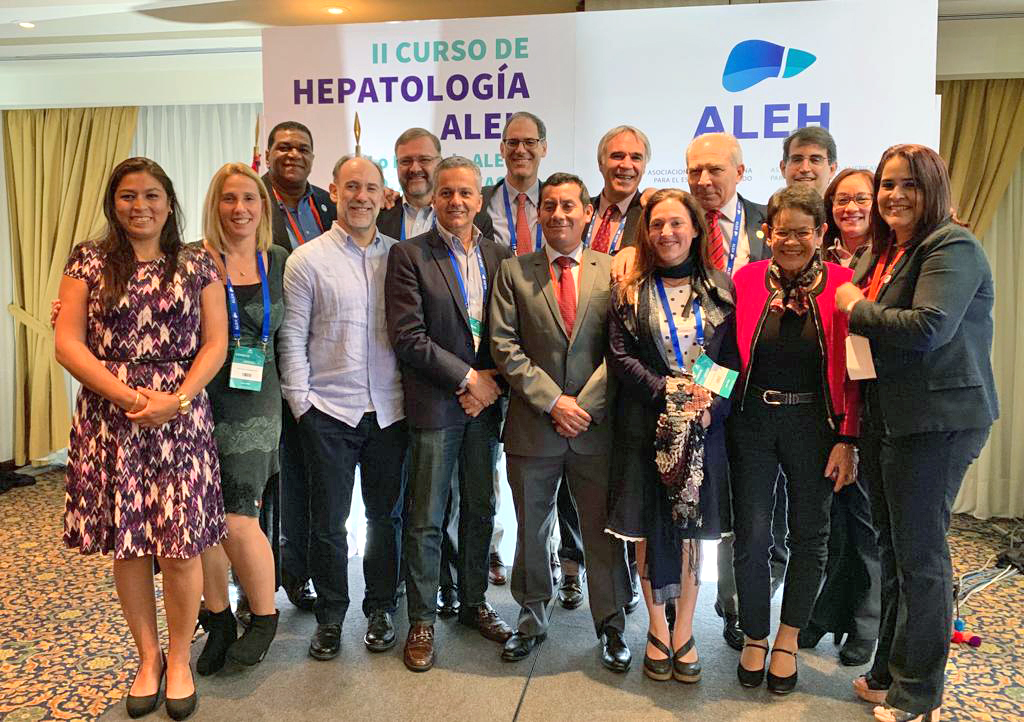
Minutes of our last meetings
- Reunión del Grupo de Trabajo de DILI – 7 de diciembre 2016
- Reunión del Grupo de Trabajo de DILI en el marco del XXIV Congreso de ALEH, Santiago de Chile
- Formulario de protocolo de estudio de hepatopatias asociadas a medicamentos
- Criterios estandarizados para diagnosticar y clasificar la toxicidad hepática en el contexto del registro
